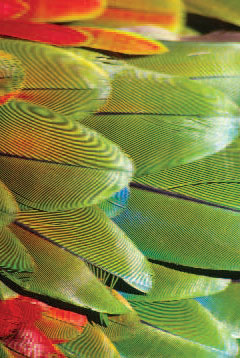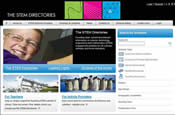

Outdoor Science
Getting Practical is supporting the Outdoor Science work of the ASE and it's Outdoor Science Working Group. This group is working as part of the Real World Learning Partnership. The Partnership was founded in 2003 to influence decision makers, support teachers and increase participation in out-of-classroom learning. members include the Field Studies Council, RSPB, Royal Geographical Society, Geographical Association and the National Trust.
Outdoor Science in the news
Monday 24th January 2011
Check out some great Outdoor Science resources from the FSC
London Outdoor Science and FSC Border Crossings
Thursday 20th January 2011
Read the BBC coverage of the report featuring comments from the ASE.
Wednesday 19th January 2011
The UK’s leading science education association targets the need for more outdoor education
Saturday 15th January 2011
Learning Outside - Guardian
Sunday 9th January 2011
Lessons on environment as important as the three Rs, says Attenborough
- Guardian
ASE Outdoor Science Working Group
Beyond the classroom: Inspirational outdoor science for all!
The Nuffield Foundation has announced that it will fund the ASE’s Outdoor Science Working Group to organise a series of invitational seminars focusing on the theme of outdoor science for all. Specifically, the seminars will address the following questions:
1. What have been the successes and failures and resulting impacts, of recent ‘outdoor learning’ initiatives on teaching and learning, particularly in STEM subjects?
2. How do we identify and build on existing good practice in terms of learning science outside the classroom?
3. What changes in curriculum, assessment, pedagogy, training and supporting resources are needed to enable teachers of STEM subjects to work together beyond the classroom?
4. What can we learn from research, in the UK and elsewhere, about effective teaching beyond the classroom and how can we implement transferable solutions into mainstream STEM education?
The questions will be addressed through a series of themes including: initial teacher education; CPD; policy; inclusion; assessment and examinations; and research into learning in informal contexts.
The seminars will examine opportunities for cross-curricular work involving STEM subjects and other aspects of the curriculum, particularly in the light of the new GCSE criteria.
Following the seminars, a summary with recommendations will be drafted for wide consultation among the STEM community and the final report will be launched at the ASE Annual Meeting in 2011.
To read more about the proceedings from each seminar, click on the links below:
Outdoor Science and Initial Teacher Training Seminar - 30th March, University of Birmingham
Resources and Publications of interest
 |
The STEM Directories is a searchable directory highlighting clear, current and relevant information on science, technology engineering and maths engagement activities for UK schools, colleges and home educators. |
 |
This map that appears in the September 2008 edition of Primary Science shows some of the wonderful places to visit outside the classroom - and if you visit SchoolScience and look in the news section on the home page, you will find a few more. |
 |
Download the booklet, Out-of-Classroom: Practical information and guidance for schools and teachers. Published May 2006. All schools have also been sent a copy of this booklet.
The Working Group is currently working on a leaflet showing progression opportunities for science in out of classroom environments from 4 to 19 years. We would welcome examples from across all the sciences and in a range of urban and rural situations. Please send them to Marianne Cutler on mariannecutler@ase.org.uk |
 |
PRIMARY SCIENCE REVIEW issue 91 Jan Feb 2006
STARTING IN YOUR OWN BACK YARD
WELLY-WALKS FOR SCIENCE LEARNING
|
 |
SCHOOL SCIENCE REVIEW Issue 87/320 March 2006
Biology field work in school grounds: a model of good practice in teaching science
|